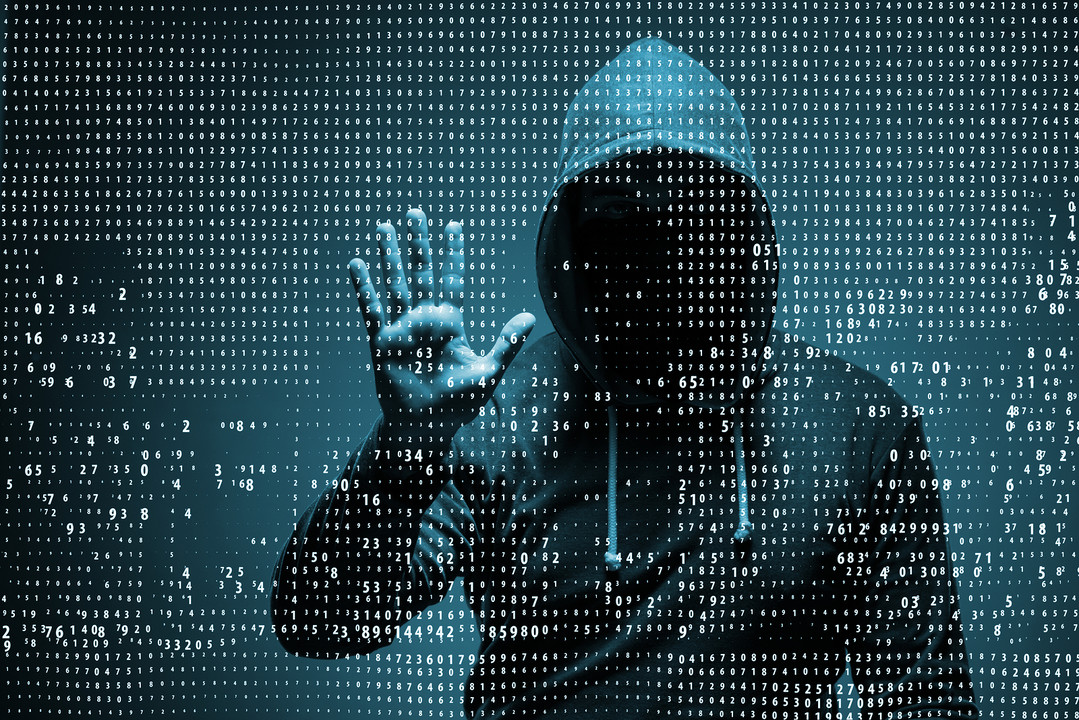
19
Top 7 Cybersecurity Practices Everyone Should Follow
Whether you're a casual internet user or a business owner, these top cybersecurity practices will help safeguard your digital life.
In a world where almost everything is connected to the internet, cybersecurity has become more important than ever. Cyber threats are constantly evolving, and protecting your personal information requires staying informed and vigilant. Whether you're a casual internet user or a business owner, these top cybersecurity practices will help safeguard your digital life.
1. Use Strong, Unique Passwords
One of the simplest yet most effective ways to protect your online accounts is by using strong, unique passwords. Avoid using easily guessable passwords like "123456" or "password." Instead, create complex passwords that include a mix of uppercase and lowercase letters, numbers, and special characters. Never reuse passwords across different accounts, and consider using a password manager to keep track of them all.
2. Enable Two-Factor Authentication (2FA)
Two-factor authentication adds an extra layer of security by requiring not only a password but also a second form of verification, such as a code sent to your phone. This makes it significantly harder for attackers to gain access to your accounts, even if they manage to steal your password. Enable 2FA on all accounts that offer it, especially those containing sensitive information.
3. Be Wary of Phishing Scams
Phishing is a common tactic used by cybercriminals to trick you into providing personal information, such as passwords or credit card numbers. These scams often come in the form of emails or messages that appear to be from legitimate sources. Be cautious when clicking on links or downloading attachments from unknown senders, and always verify the authenticity of a request before providing any information.
4. Keep Your Software Up to Date
Software updates often include important security patches that protect against known vulnerabilities. Ensure that your operating system, antivirus software, and all other applications are up to date. Enable automatic updates where possible, so you don't have to worry about missing critical updates that could leave you exposed to threats.
5. Use a VPN for Public Wi-Fi
Public Wi-Fi networks are convenient but can be risky since they are often not secure. When connecting to a public Wi-Fi network, use a Virtual Private Network (VPN) to encrypt your internet traffic. This makes it much harder for cybercriminals to intercept your data, keeping your online activities private and secure.
6. Regularly Backup Your Data
In the event of a cyberattack, such as ransomware, having a recent backup of your data can be a lifesaver. Regularly back up important files to an external hard drive or cloud storage service. This ensures that even if your data is compromised, you can quickly restore it without significant loss.
7. Educate Yourself and Stay Informed
Cybersecurity is a constantly changing field, with new threats emerging all the time. Take the time to educate yourself about the latest cybersecurity trends and best practices. Follow reputable sources, such as cybersecurity blogs, news sites, or your company's IT department, to stay informed about potential threats and how to protect against them.
By following these cybersecurity practices, you can greatly reduce the risk of falling victim to cyberattacks. Remember that cybersecurity is not just about technology—it's also about awareness and vigilance. Protect yourself and your data by staying informed and implementing these essential security measures.
Contact
Missing something?
Feel free to request missing tools or give some feedback using our contact form.
Contact Us